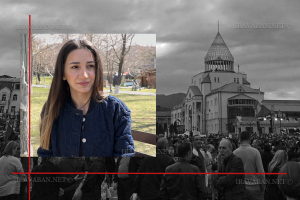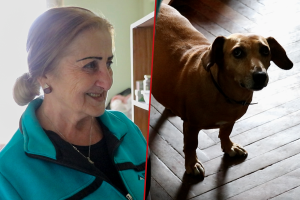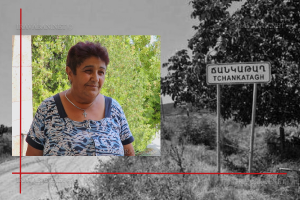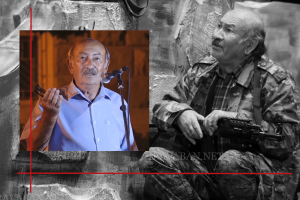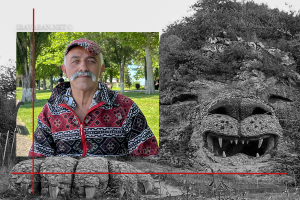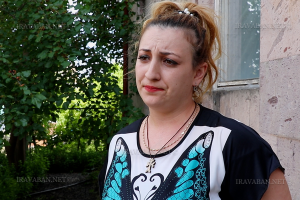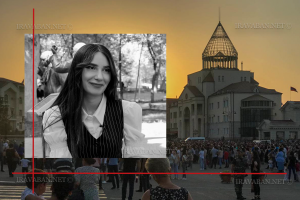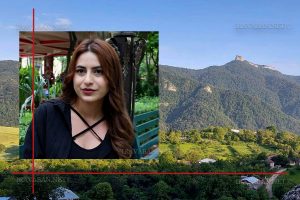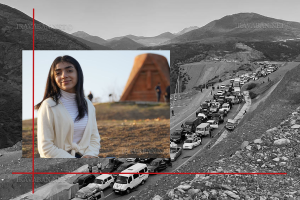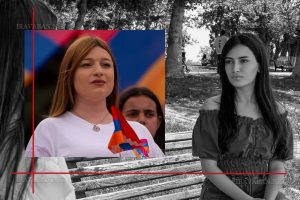As part of the documentary project “Artsakh: Genocide of Armenians 2023. Stories of Survivors,” we spoke with Gohar Tonyan. She is from the village of Chartar in the Martuni region of Artsakh, and is an obstetrician-gynecologist by profession. Before going to Artsakh, she studied and worked in Yerevan, then returned to her homeland to work at the Martuni Medical Center.
“When I went to Artsakh, I was aware that there might be some war situation, and I had to be prepared for military operations as well. I think it was the same for anyone living in Artsakh; everyone was prepared that military operations could happen at any moment.”
“I had happily and peacefully gone to work in my homeland, my dream place, which I had always thought about – as soon as I graduate, I’ll go – but my arrival coincided with the beginning of the blockade, and everything seemed increasingly difficult, but it was more interesting, more fulfilling, because we were in our homeland.”
According to our interviewee, during the blockade days, daily life had become more interesting, life had gained meaning, and people were more caring toward each other. On September 19, 2023, when military operations began, it was a regular workday for her, and she and her doctor friends and relatives did not believe or imagine that their homeland was in danger.
“They called from a basement about a pregnant woman who wasn’t feeling well, she was having pains, it was an expected baby for her, and later she gave birth in Yerevan. We went to different basements, uncertainty prevailed, no one had means of communication. Almost all families there had servicemen, and at that moment all the men were heading toward the border.”
Despite being under blockade, when pregnant women came and said they were not planning to terminate their pregnancies, it gave them strength and energy to work and fight.
“We had about 10 pregnant women, and I don’t know what it was, perhaps the strength of the homeland, of the soil, that these children – the last ones born in Artsakh – and I don’t want to say they are the last Artsakhians, because I believe that we will return one day, and they will be the ones to lay the foundation for the new Artsakh.”
Gohar Tonyan recounts that one of the pregnant women gave birth on the morning of September 20, when military operations had already begun: “They named the girl Huri. The girl was born amidst the fires, and she gave the light of life to both the wounded who were there at that moment, and to the people who were discouraged, and to us healthcare workers.”
She remembers with emotion the difficult and at the same time obligatory work that they performed for their loved ones on their native land.
“It was a somewhat absurd situation: in one room there was a birth, in another room they were saving a wounded person’s life, in another a severely wounded person was dying. You didn’t know which sound to rejoice at – a child was born, a life is being saved, or start screaming that another death was recorded.
Two pregnant women close to me gave birth by cesarean section on September 22, we did those in the basement as well, taking into account that we had moved all the instruments to the basement floor, we were still working there, despite the fact that there was a ceasefire, it was calm.”
The young doctor now continues to engage in her beloved work here, but after Artsakh, life for her and other Artsakhians is no longer the same as before; homesickness prevents them from living more confidently and fully.
For more details, see the video.



